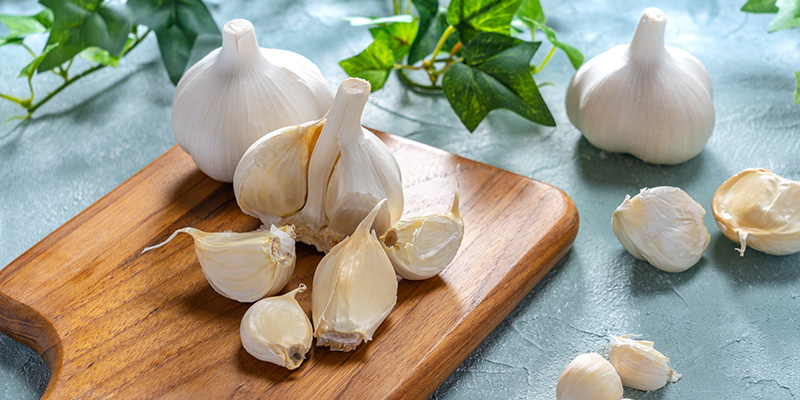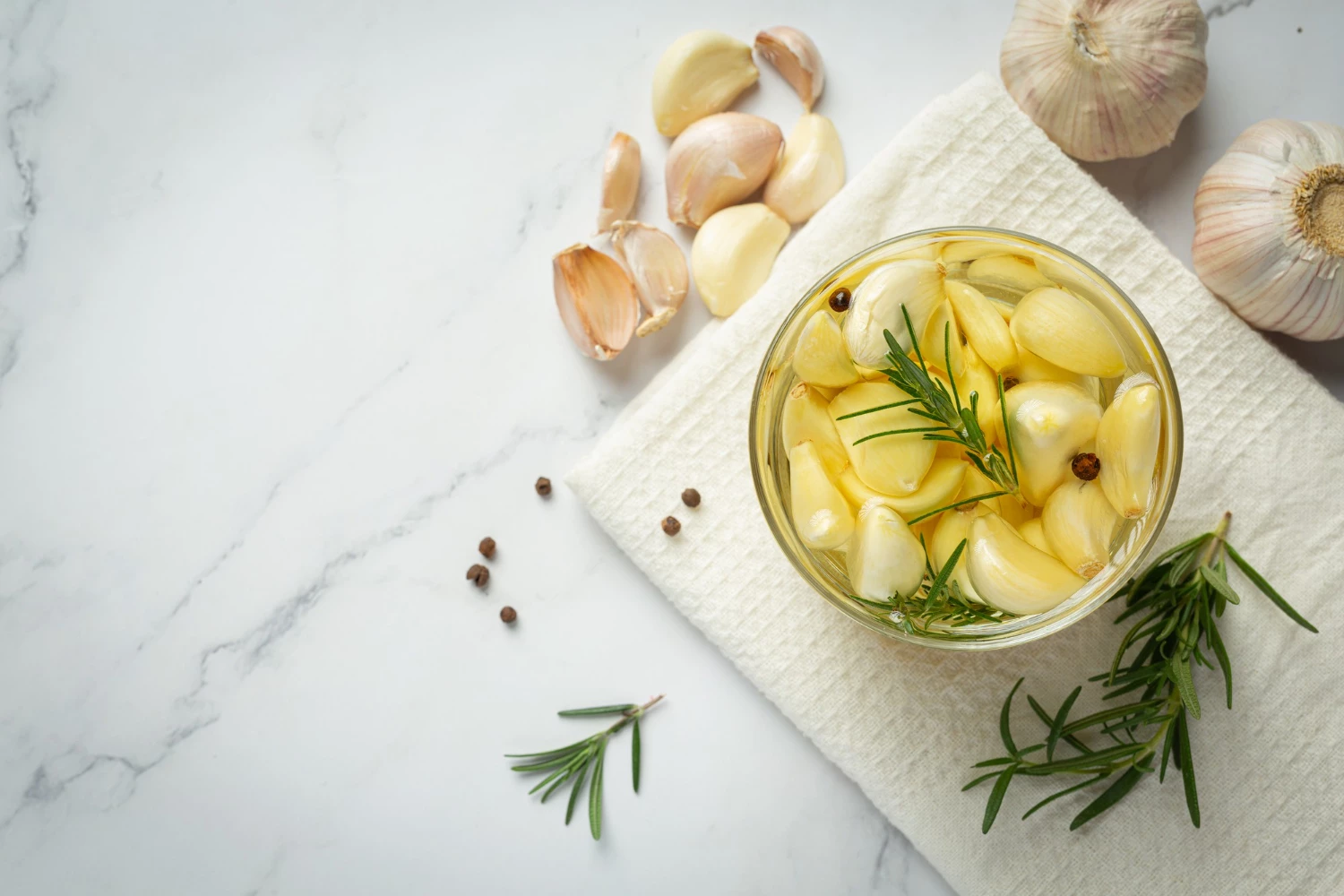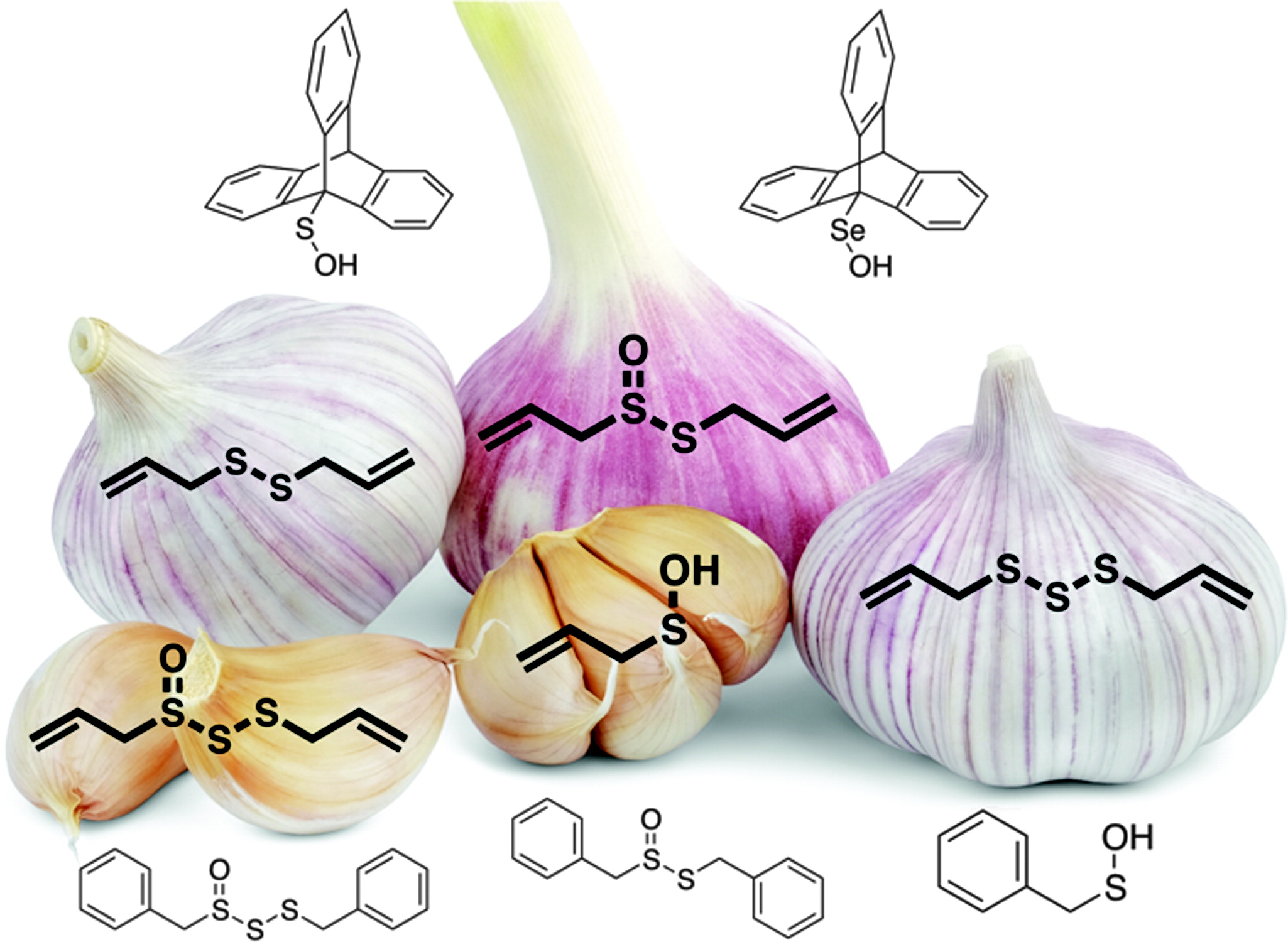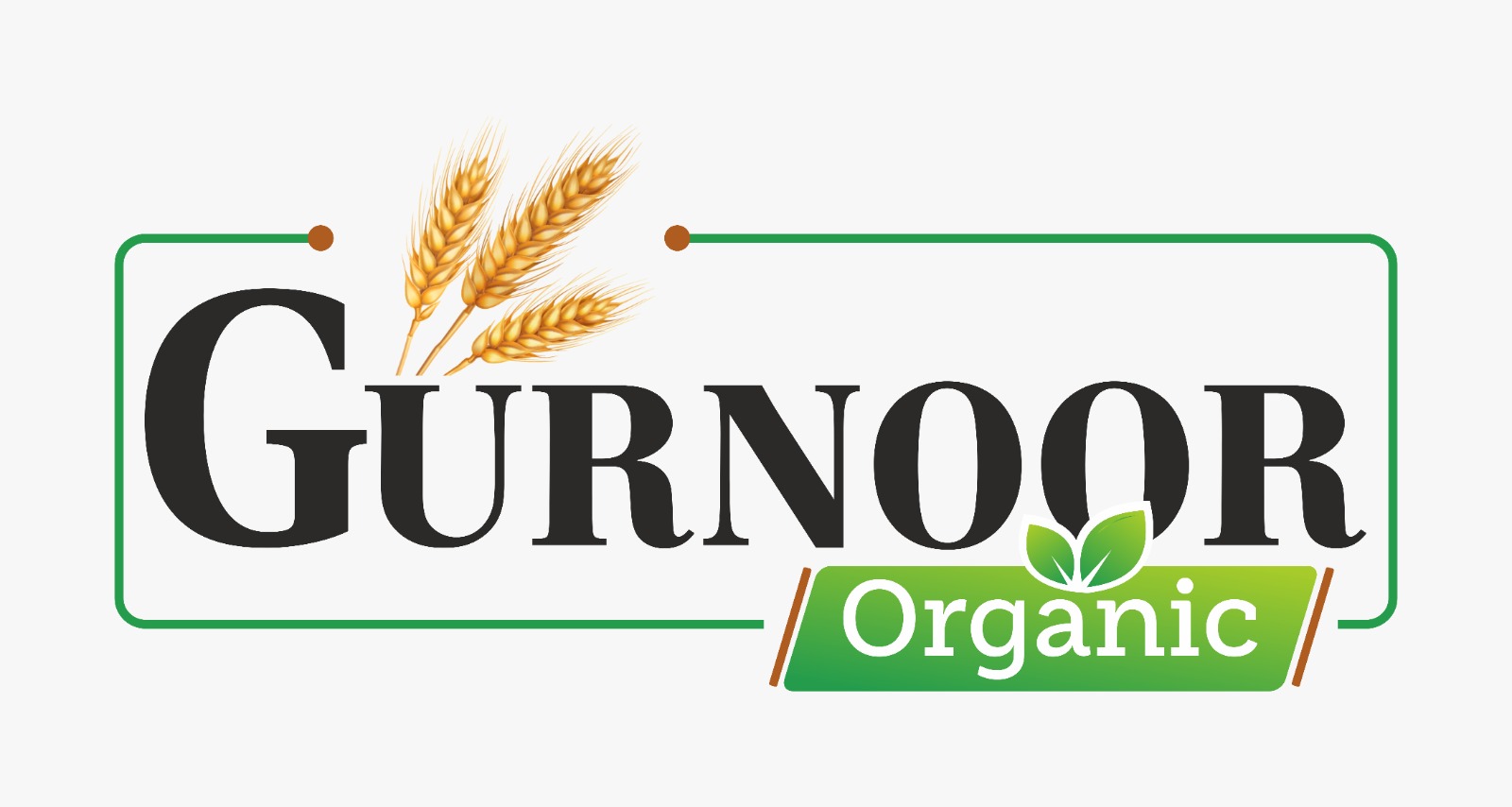Welcome Sign In / Register
Benefits of Garlic

Boosts Immune System
Garlic contains compounds that help the immune system fight germs. It has been shown to reduce the severity of common colds and infections. Allicin, a sulfur compound in garlic, is known for its antibacterial and antiviral properties, helping to stimulate white blood cells and enhance the body's defense mechanism. Regular consumption of garlic may also increase the production of antioxidants in the body, further supporting immune health and reducing oxidative stress, which plays a role in the aging process and susceptibility to diseases.
Reduces Blood Pressure
Studies show that garlic helps in lowering blood pressure levels, which can significantly reduce the risk of heart disease and stroke. The active compounds in garlic, particularly allicin, are known to relax blood vessels and improve blood circulation. Regular consumption of garlic can lead to a gradual reduction in systolic and diastolic blood pressure, making it a natural aid for those managing hypertension. Additionally, garlic’s anti-inflammatory and antioxidant properties contribute to overall cardiovascular health, supporting a healthy heart and reducing plaque buildup in arteries. Garlic also enhances the body’s production of nitric oxide, a molecule that helps the blood vessels dilate and maintain proper blood flow. Research indicates that garlic may help reduce LDL (bad) cholesterol levels while raising HDL (good) cholesterol levels, further protecting against cardiovascular diseases. Moreover, garlic’s ability to prevent blood clots can lower the chances of developing serious conditions such as heart attacks and strokes.


Improves Cholesterol Levels
Garlic can help reduce total cholesterol, particularly in people with high cholesterol levels, supporting better heart health. Studies have shown that regular consumption of garlic can lower LDL (bad cholesterol) by as much as 10-15%, which helps decrease the risk of atherosclerosis, a condition where plaque builds up in the arteries. A reduction in LDL cholesterol is essential as high levels can lead to heart disease, heart attacks, and strokes. Additionally, garlic may help increase HDL (good cholesterol), which plays a protective role in maintaining healthy blood vessels and reducing inflammation. Moreover, garlic contains potent antioxidants, such as selenium and vitamin C, which combat oxidative stress in the body, further contributing to cardiovascular health. By improving lipid profiles and reducing oxidative stress, garlic helps prevent the formation of dangerous blood clots, enhances blood circulation, and lowers blood pressure. Some studies suggest that garlic's effects on cholesterol levels may also be attributed to its ability to improve liver function, promoting the natural metabolism of fats. Incorporating garlic into a balanced diet not only supports heart health but also aligns with a holistic approach to wellness.
Powerful Antioxidant Properties
Garlic is rich in antioxidants, which help protect the body from oxidative damage and may lower the risk of chronic diseases. The antioxidants found in garlic, such as allicin, flavonoids, and selenium, neutralize harmful free radicals that can damage cells and tissues over time. By reducing oxidative stress, garlic helps slow down the aging process and lowers the risk of diseases like Alzheimer's and dementia. Additionally, the antioxidant properties of garlic have been linked to reducing inflammation, which plays a critical role in the development of chronic diseases like heart disease, cancer, and diabetes. Regular consumption of garlic not only boosts overall immunity but also enhances the body's defense against environmental stressors, toxins, and pathogens. Furthermore, garlic's antioxidant power contributes to skin health, promoting a youthful appearance and protecting against UV damage. Incorporating garlic into a daily diet can provide a natural and effective way to maintain long-term health and wellness.


Supports Detoxification
Garlic promotes detoxification by stimulating the liver to produce detoxifying enzymes that filter out harmful toxins. These enzymes play a crucial role in breaking down and eliminating toxins from the body, supporting overall liver function and health. Allicin, one of the primary compounds in garlic, has been shown to enhance the liver’s ability to process and excrete harmful substances, making it an effective ally in natural detoxification. Additionally, garlic contains sulfur compounds that help to neutralize and remove heavy metals, such as lead and mercury, from the body. This detoxifying action not only aids in cleansing the liver but also supports the immune system by reducing the toxic load on the body. Moreover, garlic’s antioxidant properties protect the liver from oxidative stress, further enhancing its detoxification capabilities. Regularly incorporating garlic into the diet can help maintain a healthy liver, promoting better digestion, increased energy levels, and overall well-being. By facilitating detoxification, garlic contributes to a holistic approach to health, allowing the body to function optimally.
